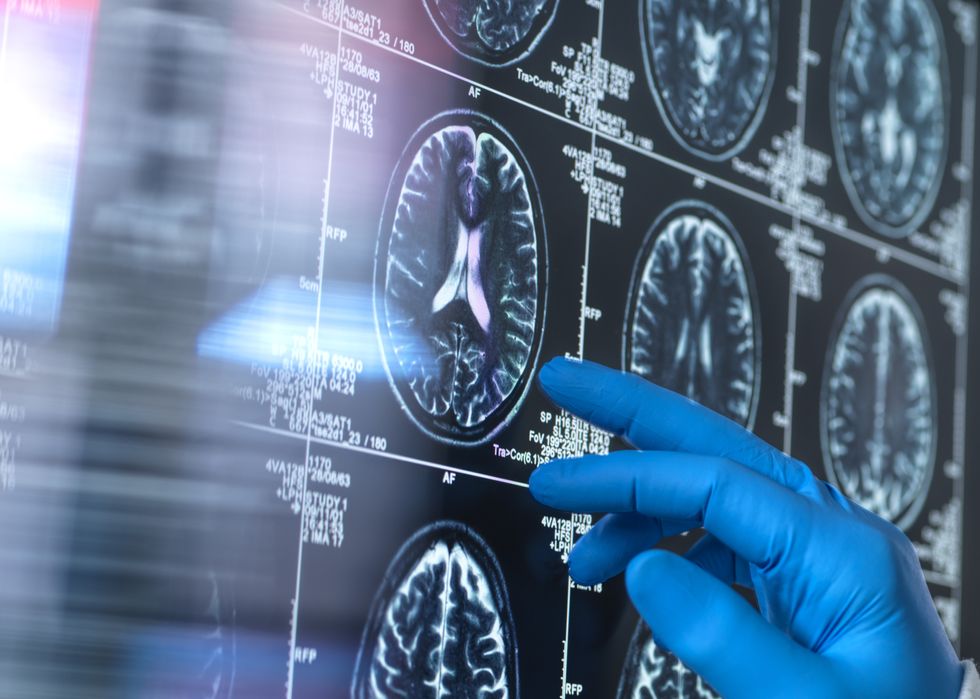'Direct association': Five lifestyle habits make the brain 'resilient' against dementia, says new study
GB News
A specialist optometrist has shared how to improve your eye health
Don't Miss
Most Read
Trending on GB News
Experts say the link between eye and brain health should prompt a shift in how we think, after new research indicates that overlooking changes in vision may increase the risk of dementia.
The latest update from the Lancet Commission on dementia prevention has identified untreated vision loss as one of 14 key modifiable risk factors for the condition.
The findings indicate that addressing these factors could prevent or delay up to 40-50 per cent of dementia cases.
Specialist optometrist Neil Laird explained that vision health is closely linked to cognitive function.
 The research showed that ignoring eye health could increase the risk of dementiaGETTY
The research showed that ignoring eye health could increase the risk of dementiaGETTYHe said: "Our eyes play a vital role in how the brain processes and interprets the world around us. When vision deteriorates, the brain receives less stimulation, which can contribute to cognitive decline.
"Poor vision can also increase the risk of social isolation, which is another known risk factor for dementia."
These findings reinforce growing evidence connecting sensory health with mental wellbeing.
A study published in the National Library of Medicine noted the link between eye and brain health. It stated: "As visual impairment, cataract, and diabetic retinopathy are associated with an increased likelihood of developing dementia, early diagnosis may help identify those at risk of dementia."
The research suggested that early treatment and proactive eye care may reduce the risk of dementia.
When combined with other lifestyle changes such as quitting smoking, improving diet, and managing hearing loss, the impact could be significant.
According to the report, nearly half of dementia cases could potentially be prevented by tackling these risk factors early.
The specialist optometrist recommended a series of strategies to support cognitive and vision health.
LATEST DEVELOPMENTS

The expert advised several strategies for people to incorporate into their lives
GETTYHe suggested scheduling regular eye exams to catch early signs of vision problems and get treatment promptly.
The expert recommended eating a diet rich in omega-3s, antioxidants, and vitamins A, C and E - found in leafy greens, nuts, and oily fish.
Use proper vision correction, such as glasses or contact lenses, to reduce eye strain and improve cognitive function.
Neil concluded: "By addressing vision problems early and adopting healthy habits, individuals can protect both their eyesight and their cognitive health as they age."







